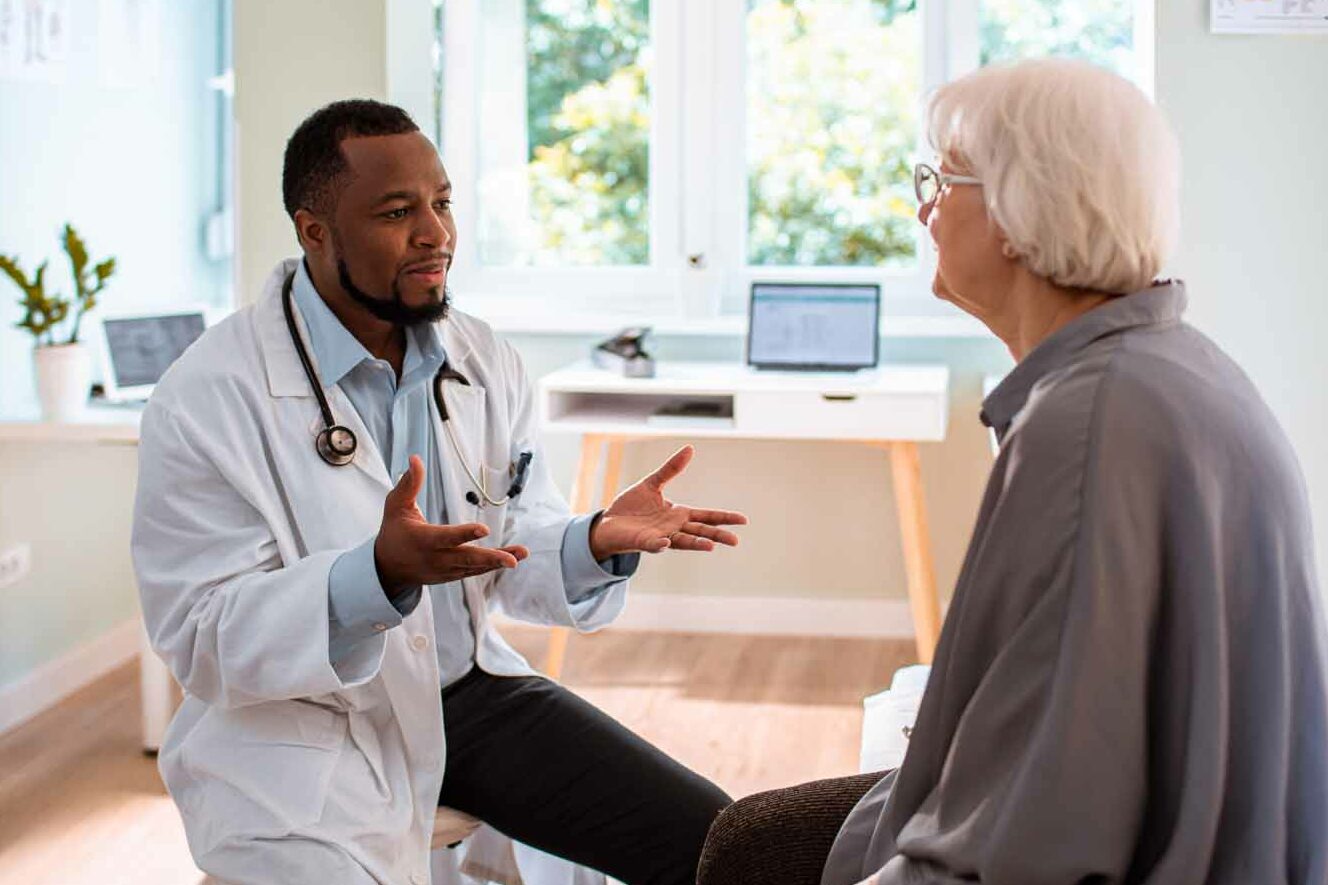Colorectal cancer is the third most common cancer in the U.S., taking the lives of nearly 53,000 Americans each year. March is Colorectal Cancer Awareness Month, which is dedicated to educating the public on screening and prevention and raising funds for a cure.
Adobe Care & Wellness is proud to be piloting a new Fit Kit called Second Generation Fit developed by Biolabs. This new technology is much easier on the patient than other screening tools, it can be used in the comfort of home and provides results in 10 minutes. Screening is a valuable tool for diagnosing and treating cancers before it is too late. To help raise awareness on colorectal cancer prevention and treatment here are 5 things you need to know:
1. Risk factors for Colorectal Cancer
Understanding the risks for any cancer is essential to minimizing these risks. Like many other health concerns, age and gender can have an effect but other risk factors for colorectal cancer include:
- History of ulcerative colitis or Crohn’s disease
- Obesity
- Sedentary lifestyle
- Family history of colon or rectal cancer
- Personal history of cancer
- History of polyps or small bulging tissue in the colon or rectum
2. How to Screen for Colorectal Cancer
As we noted earlier, Adobe Care & Wellness is now piloting Biolabs new Fit Kit, Second Generation Fit. Utilizing new technology the new screening kits allow individuals to be tested for colorectal cancer at home by taking small feces sample. The kit is easy to use and returns results in 10 minutes. Removing the requirement of a doctor’s office visit for screening or the need for a colonoscopy or other uncomfortable testing, makes screening easier and more accessible to patients. We are excited to integrate technology with healthcare prevention and ultimately help patients benefit from early detection, prevention and treatments.
3. What Are the Signs/Symptoms of Colorectal Cancer?
- Rectal bleeding or blood in your stool
- A change in your bowel habits, including diarrhea or constipation or a change in the consistency of your stool
- Frequent abdominal discomfort such as cramps, pain, or gas
- Fatigue or weakness
- Unexplained weight loss
Though symptoms can be present, many people with colon cancer display no symptoms in the early stages which is where regular screening comes in.
4. How Often to be Screened
It is recommended that adults aged 45 to 75 be screened annually for colorectal cancer. In individuals ages 76 to 85, the frequency of screening should be determined by your doctor and depends on a variety of risk factors.
5. Treatment of Colorectal Cancer
The good news is that colorectal cancer is treatable. The most common treatment method is surgery to remove the cancer. If this is not sufficient, a doctor may prescribe chemotherapy and/or radiation.
Like many cancers, the survival rate is dependent completely on the stage that the cancer is found and how well a person responds to treatment. Screening for colorectal cancer is a lifesaving step to minimizing your risk.
To learn more about Adobe Health & Wellness and other healthcare technology innovations the company uses to help its members live a healthier quality of life, let’s talk.

